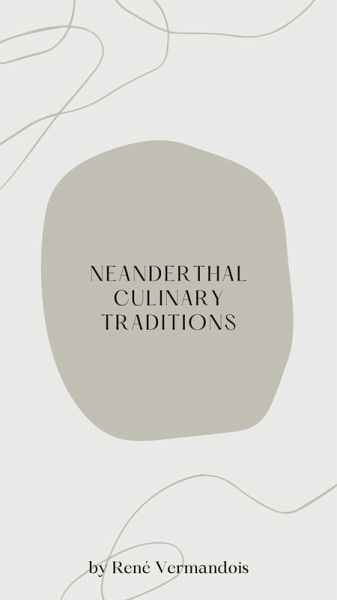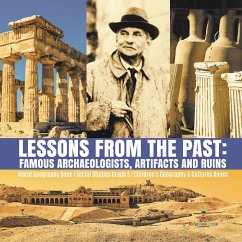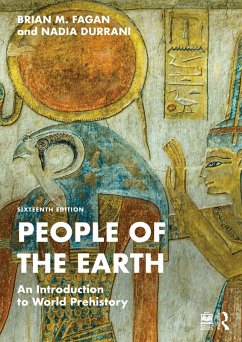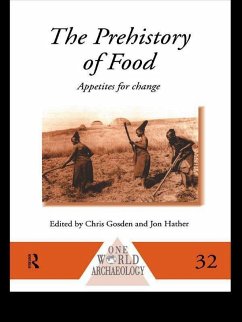
Neanderthal Culinary Traditions (AI-Generated Books) (eBook, ePUB)
Versandkostenfrei!
Sofort per Download lieferbar
2,99 €
inkl. MwSt.
Weitere Ausgaben:

PAYBACK Punkte
0 °P sammeln!
The book discusses the culinary practices of Neanderthals and their impact on modern human diets. Neanderthals were opportunistic eaters who relied on animal meat as their primary food source but also supplemented their diet with wild plants. They were skilled at using fire to cook their food, which improved its taste, digestibility, and safety. Excavations have revealed evidence of ancient hearths lined with herbs and spices, suggesting that Neanderthals possessed a rudimentary knowledge of seasoning. Studies of dental calculus have shown that they also experimented with plant-based foods, fu...
The book discusses the culinary practices of Neanderthals and their impact on modern human diets. Neanderthals were opportunistic eaters who relied on animal meat as their primary food source but also supplemented their diet with wild plants. They were skilled at using fire to cook their food, which improved its taste, digestibility, and safety. Excavations have revealed evidence of ancient hearths lined with herbs and spices, suggesting that Neanderthals possessed a rudimentary knowledge of seasoning. Studies of dental calculus have shown that they also experimented with plant-based foods, further diversifying their diet.
The influence of Neanderthal culinary traditions can still be seen in modern human diets. Traces of Neanderthal genetic influence can be found in the DNA of present-day humans, particularly in populations with Eurasian ancestry. This genetic legacy has shaped our ability to digest certain food groups, such as meat and fat. Additionally, the culinary techniques and practices passed down from Neanderthals have influenced the development and diversification of global cuisines, including the use of fire, a variety of plant foods, and herbs and spices.
There is a profound and multifaceted impact of Neanderthal culinary traditions on modern human diets and emphasizes the enduring legacy of their practices.
The influence of Neanderthal culinary traditions can still be seen in modern human diets. Traces of Neanderthal genetic influence can be found in the DNA of present-day humans, particularly in populations with Eurasian ancestry. This genetic legacy has shaped our ability to digest certain food groups, such as meat and fat. Additionally, the culinary techniques and practices passed down from Neanderthals have influenced the development and diversification of global cuisines, including the use of fire, a variety of plant foods, and herbs and spices.
There is a profound and multifaceted impact of Neanderthal culinary traditions on modern human diets and emphasizes the enduring legacy of their practices.
Dieser Download kann aus rechtlichen Gründen nur mit Rechnungsadresse in A, B, CY, CZ, D, DK, EW, E, FIN, F, GR, H, IRL, I, LT, L, LR, M, NL, PL, P, R, S, SLO, SK ausgeliefert werden.













